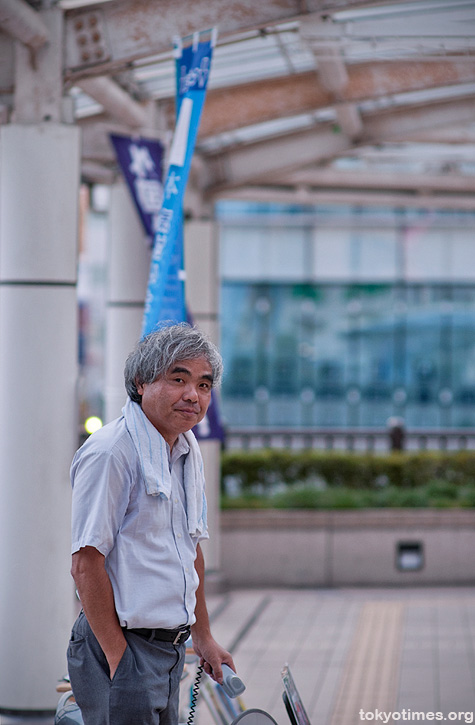In Tokyo, apart from some serious shaking, we were mostly lucky, but in other parts of Japan the devastation is awful — horribly so in many areas.
For coverage, however, all I can offer I’m afraid is my Twitter feed.
Photographs from a small group of islands
In Tokyo, apart from some serious shaking, we were mostly lucky, but in other parts of Japan the devastation is awful — horribly so in many areas.
For coverage, however, all I can offer I’m afraid is my Twitter feed.
Due to Japan’s extended economic stagnation, and the gradual transformation of the job for life into a temporary post for an unspecified period, the myth of all Japanese being middle-class is rapidly unravelling. A growing gap between the haves and the have nots that could potentially threaten the country’s famed cohesiveness.
And the consequences of these changes aren’t difficult to find, as merely walking through any of Tokyo’s parks, or along its rivers, exposes those very much at the bottom of the pile; the myriad of blue-sheeted shelters and commandeered benches highlighting the city’s growing number homeless.
Yet as sad a sight as these encampments are, seeing someone destitute in Tokyo’s uber-expensive and brand centred Ginza district, really emphasises the growing gulf in Japanese society.
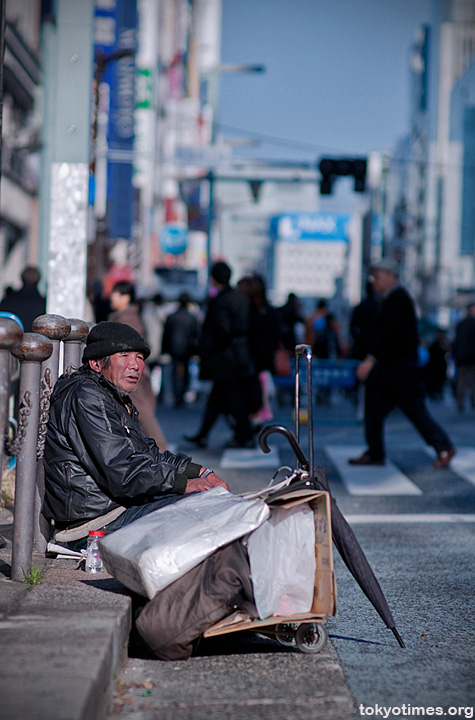
Well, not just up north, but in many places outside of Japan’s big cities, where the old are increasing, the young have mostly left, and a staggering number of shops are now shuttered.
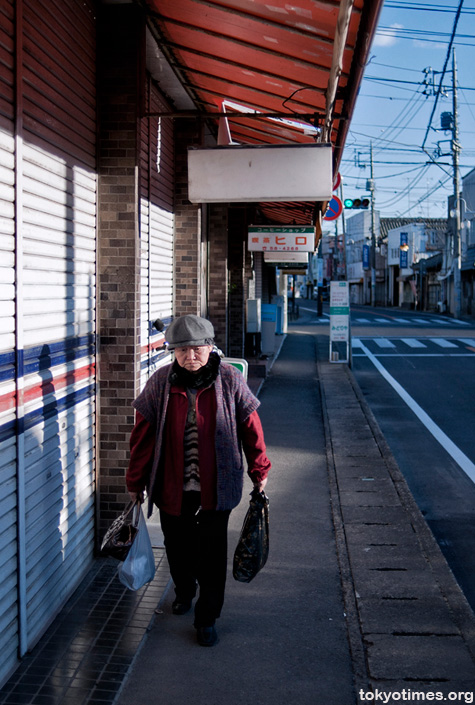
With all its concrete, which will surely only increase due to bureaucratic self interest, Tokyo, as well as Japan in general, often offers one a very grey landscape to look upon. And now, with its old people living ever longer, and kids not especially common, it’s a colour that not only has other connotations, but future complications.
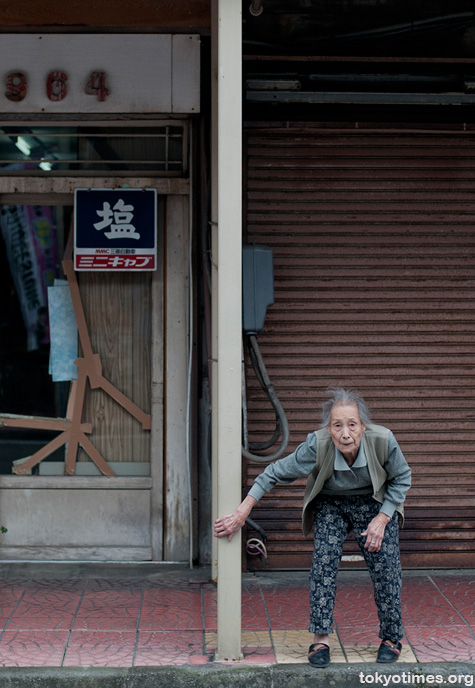
With North Korea currently in the process of lumbering itself with another dear leader, whose mother, somewhat surprisingly, was a Japanese-born ‘consort’, the chance to meet Charles Robert Jenkins was a very timely one indeed. A man who, after defecting when he was only 24-years-old in a move that he now describes as the biggest mistake of his life, suffered a mindboggling 40 years in the hermit kingdom, making him a genuinely unique individual with quite a tale to tell to put it mildly.

Details of which really don’t need to be repeated here, as they are well documented on the internet and in the man’s own memoirs, but having the chance to talk to him about his new life on Sado Island with his wife and daughters — who it turns out still talk in the language of their captors when they are together — along with everything else from motorbikes, rice selling and of course North Korea, was absolutely fascinating. A rare mix of history, politics and redemption all encapsulated in one person.
Yet perhaps even more staggering than the story itself, is the fella himself, as, after going through what is utterly unimaginable to most, he has somehow come out the other side both a devoted family man and a genuinely accommodating and friendly individual.
A feat many of us fail to manage in the most welcome of situations, let alone the worst.
Unfortunately, the Japanese gentleman below believes so strongly that foreigners should never get a vote that he has to bang on about it by the train station — noisily declaring that the granting of such a thing would send Japan into a downward spiral that it would be impossible to recover from. One, presumably, even worse than the cycle that current system has conjured up.
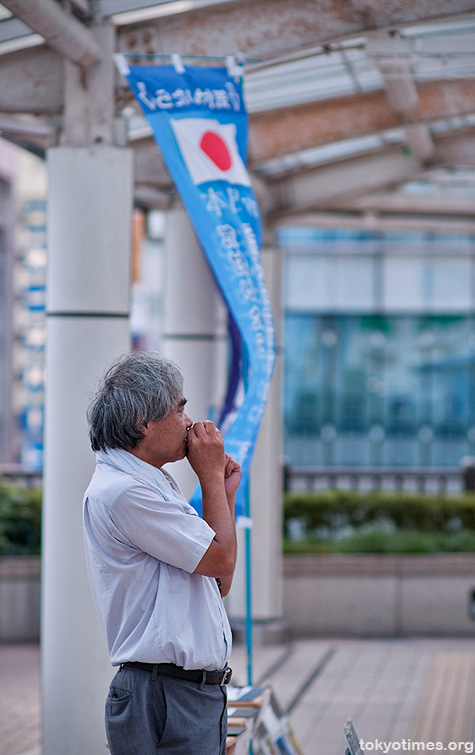
However, even as one of those foreign infiltrators he’s fighting against, I don’t necessarily feel it’s unreasonable to deny non-citizens a national vote. At local level, on the other hand, where city taxes are just the same no matter what one’s nationality, it’s arguably a very different issue indeed.
But, regardless of such points, the fact that there are so few foreigners here (around 1.5 percent of the population according to these figures), and any election choice is invariably between one politician who’s had the role handed down from a relative, or his equally privileged opponent, any perceived bias or actual ability to affect results is surely baseless.
Oh, and just for good measure, he was also keen to point out that my wife, or any other foreigner’s spouse for that matter, should never, under any circumstances, change their surname after marriage. Why? Well, because… because they just shouldn’t, ok?
Still, discriminatory and disruptive diatribe aside, there was something going in his favour, as he did have one person watching him. Just not quite the kind he really cares for that’s all. Which, if not exactly gratitude, did at least garner what would appear to be an ironic grin.
